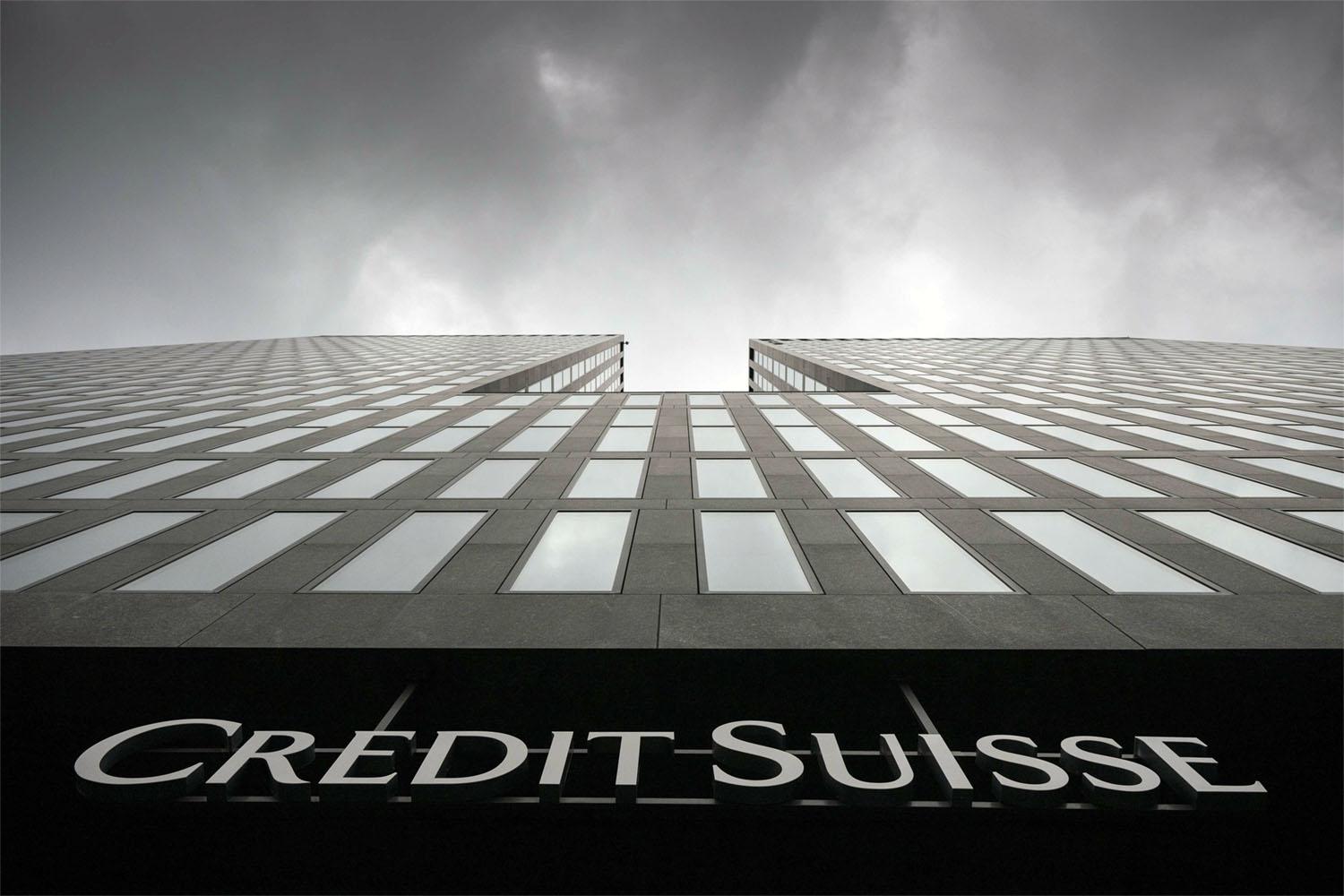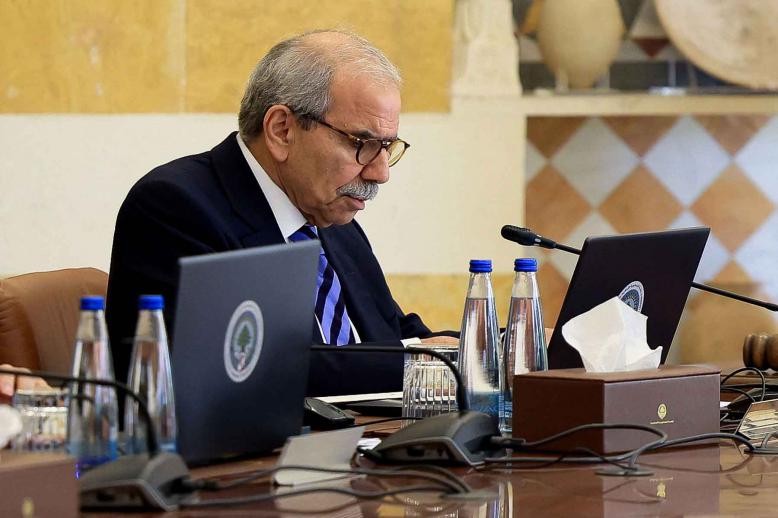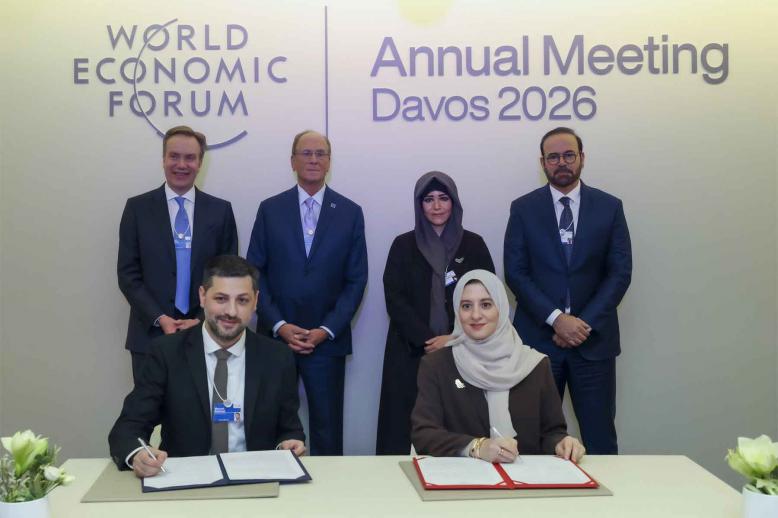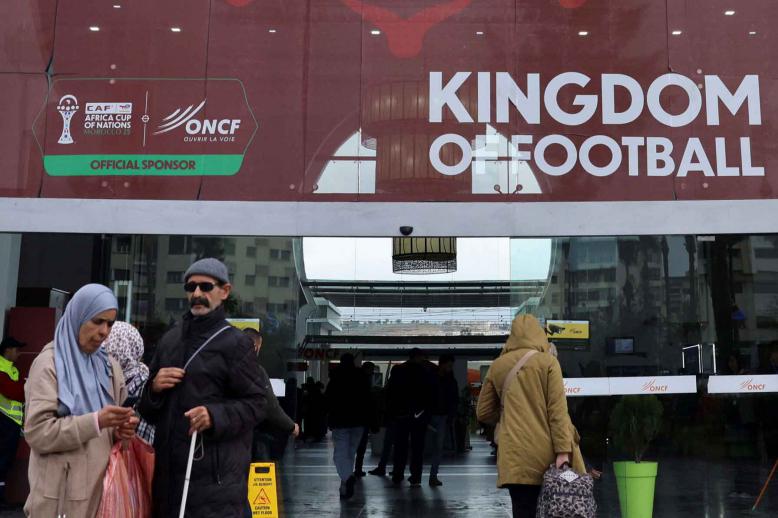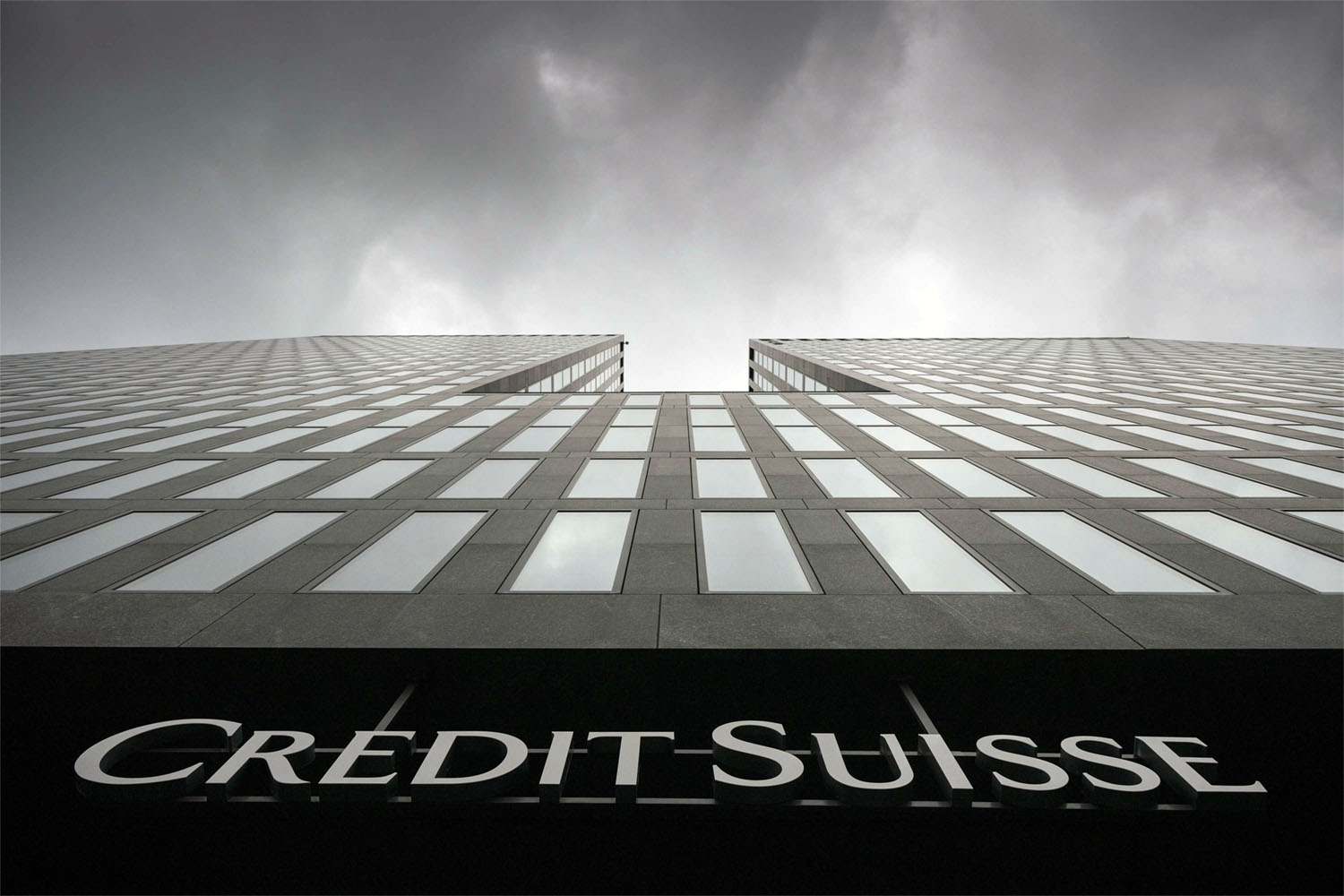Saudi National Bank strategy unaffected by hit to Credit Suisse investment
DUBAI - Saudi National Bank , the largest shareholder in Credit Suisse, said on Monday its strategy will be unaffected by reduced valuation on its investment in the Swiss bank after its takeover by rival UBS.
The Saudi lender, the kingdom's largest by assets, acquired almost 9.9% of Credit Suisse for 5.5 billion riyals ($1.46 billion) last November, but is now sitting on a loss of roughly $1.17 billion on its investment, Reuters calculations showed.
"Changes in the valuation of SNB's investment in Credit Suisse have no impact on SNB's growth plans and forward-looking 2023 guidance," Saudi National Bank said in a bourse filing on Monday.
The investment in Credit Suisse formed less than 0.5% of the Saudi lender's total assets of more than 945 billion riyals as of last December, and there is no expected impact on profitability, the statement said.
Swiss authorities had announced on Sunday that UBS would acquire its rival for $3.23 billion as part of a wider state-backed rescue plan.
Hunt for deals
Higher oil prices due to Russia's war on Ukraine fuelled an economic boom in the Gulf region last year, with sovereign wealth funds and banks - flush with cash - hunting for opportunistic deals amid a weakened global outlook.
In January, Qatar Investment Authority (QIA) increased its stake in Credit Suisse to 6.8% and is its second biggest shareholder. Saudi National Bank is almost 40% owned by the Public Investment Fund, the kingdom's sovereign wealth fund.
Diego Lopez, managing director of Global SWF, said Gulf sovereign wealth funds acted as white knights during the 2008 financial crisis, and could do so again, deploying their surpluses.
"2008 saw many losers among SWFs but also some winners - and in that vein, SNB’s and QIA’s losses will not prevent other Gulf investors from pursuing other opportunities," he said.
First Abu Dhabi Bank, the United Arab Emirates' biggest lender, in January said it had considered a bid for London-listed Standard Chartered but was no longer doing so. It may well revive its plans.
"It’s possible that the turmoil in western banks may create attractive entry points for well-capitalised Gulf banks considering acquisitions, as FAB had been for Standard Chartered," Justin Alexander, Director of Khalij Economics and GCC analyst for GlobalSource Partners, said.


